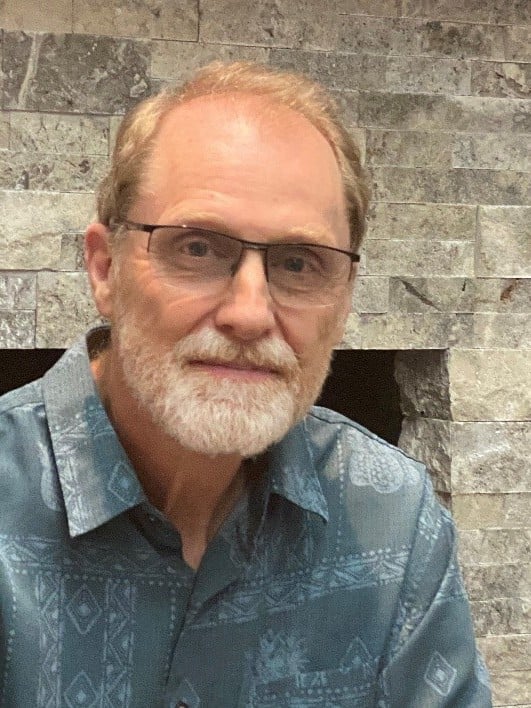How to Take Your Job and Love It – Use Your Natural Talents Not Your Acquired Skills
-how-to-take-your-job-and-love-it-use-your-natural-talents-not-your-acquired-skills-400.jpg)

Ever wonder why your work tires you out so easily, or why you have no excitement for the career you have chosen?
Are there certain tasks that initially felt like an exciting challenge but now feel like drudgery?
Do you feel trapped in the work you do with no sense of accomplishment or meaning?
If you answered “yes” to any of these questions, you’re not alone. Many people report the same experience but don’t know why, and even worse, don’t know what to do about it. About twenty years ago I was in the same boat – a successful clinical psychologist who hated what he was doing. While many people I talked to took the stance of “That’s just the way it is, nobody likes what they do.” I was driven to discover the source of my unhappiness and do something about it.
My research and intensive self-reflection led me to the conclusion that one of the most common reasons that people don’t like what they do, find themselves exhausted, or feeling overworked is that they are not using their natural talents in their work. That was certainly my situation. Instead using my innate skills, I was trying to build a career on those skills that I had learned or acquired.
While your natural talents are skills that you have an inborn affinity and potential for, acquired skills are ones that are not natively yours. In other words, they’re activities that don’t come naturally to you but that you have learned how to do, perhaps quite successfully – but usually at a high cost to yourself psychologically, emotionally, and physically. The cost was so high for me that I knew that I had to radically change the way I practiced psychology. The end result was that I gave up being a private practice therapist to focus my work on helping others to discover their natural talents.
Unfortunately, it seems to be part of our socialization process to pursue acquired rather than natural talents. We’re encouraged to focus on building up our “weaknesses.” We have our shortcomings pointed out to us routinely in evaluation reports. In addition, our natural talents come so easily to us that we often don’t recognize them as having any value. Since we know the cost we’ve paid to gain skill at an endeavor, we typically think that increases its value. The natural assessment skills that I use to help others discover their natural talents have always been a part of me from as far back as I can remember. True, I have honed and developed them over the years, but the work on these skills has been a joyful journey of discovery.
This focus on developing skills that don’t come naturally robs us of vitality and takes valuable time away from developing our talents and opportunities. But that’s not “just the way it is.” The good news is that it is possible to identify what roles and skills are naturally yours and which are acquired. We all have and need some acquired skills, but you don’t have to be stuck living a life of drudgery and toil. Once you have identified which skills are natural and which are acquired you can make conscious decisions about using your natural talents more often and more intentionally in every aspect of your life.
TAKE ACTION:
-
Take a careful inventory of all the tasks and activities you perform at work.
-
Create a list of natural talents and a list of acquired skills.
-
Rank the natural talents in descending order based on which ones you would like to do more of.
-
Choose one of your natural talents and decide to use it once each day.
-
When it becomes comfortable and easy, add the next on the list.
-
Rank the acquired skills in descending order based on which most saps your energy.
-
Choose one of your acquired skills and when you notice yourself using it, decide to let it go, delegate it, or re-design it (do it in a way that’s more enjoyable).
-
When it ceases to be an energy drag, move on to the next one on the list.
Please share your thoughts on this topic in the comment section below.
Find out more about the services we have available to help you find the success you want and deserve!
© Vega Behavioral Consulting, Ltd., All Rights Reserved
About Dr. Gary M. Jordan, Ph.D.
Gary Jordan, Ph.D., has over 35 years of experience in clinical psychology, behavioral assessment, individual development, and coaching. He earned his doctorate in Clinical Psychology from the California School of Professional Psychology – Berkeley. He is co-creator of Perceptual Style Theory, a revolutionary psychological assessment system that teaches people how to unleash their deepest potentials for success. He’s a partner at Vega Behavioral Consulting, Ltd., a consulting firm that specializes in helping people discover their true skills and talents.
Additional information about Dr. Jordan